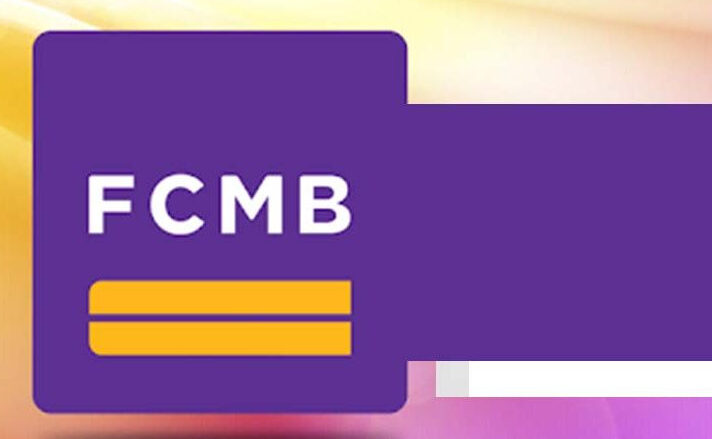Relying solely on your Retirement Savings Account for retirement can be a risky strategy for several reasons:
- Market Volatility: Retirement savings are typically invested in financial markets, such as stocks and bonds. These investments are subject to market fluctuations and volatility. If there is a market downturn or a prolonged period of poor investment performance near your retirement date, it can significantly erode the value of your savings and potentially delay your retirement plans by a few, or several more years.
- Inadequate Savings: Depending solely on a retirement savings account may not provide you with enough income to sustain your desired lifestyle during retirement. Many financial advisors recommend having multiple sources of income, such as other personal investments of your own to supplement your retirement savings. Relying solely on a single account may greatly limit your financial flexibility and make old age challenging.
- Unexpected Expenses: Life is full of uncertainties, and retirement is no exception. Medical expenses, long-term care costs, or unforeseen emergencies can arise, and relying solely on a retirement savings account may not be enough to cover these expenses. Having other sources of income or financial resources can help provide a safety net and ensure you are better prepared for unexpected financial challenges.
- Longevity Risk: With advancements in healthcare and increased life expectancy, retirees are living longer. Depending solely on your retirement savings may leave you vulnerable to the risk of outliving your savings. It’s essential to plan for a retirement period that could potentially span decades and ensure you have sufficient income streams to sustain your lifestyle throughout your retirement years.
- Inflation: Inflation certainly erodes the purchasing power of money over time. If your retirement savings are not properly invested or are not keeping pace with inflation, your standard of living may decline over time, and very quickly. Diversifying your retirement income sources can help mitigate the impact of inflation and provide a more stable and reliable income stream.
Therefore, though retirement strategies can vary depending on individual circumstances and goals. However, here are some commonly recommended strategies to consider in ensuring you have your retirement days properly planned:
- Create a More Comprehensive Retirement Budget: Develop a detailed budget that outlines your anticipated expenses and income sources in retirement. This will help you understand your financial needs and make informed decisions about a desired post-retirement lifestyle. It will also guide you on how much, on your own, you will need to keep aside for your own unique type of investment(s). Depending on your age, certain risks are plausible. However, the closer you get to retirement, the less risk, unless in starting a new business, you should consider taking.
- Manage and Diversify Your Investments: Review your investment portfolio and ensure it aligns with your risk tolerance and financial goals in retirement. Consider diversifying your investments to balance risk and potential returns. It may be prudent to consult with a financial advisor to create an investment strategy suitable for your needs.
- Greatly Minimize Debt: Prioritize paying off high-interest baring debts before retirement. Reducing or eliminating debt can provide more financial flexibility and reduce your overall financial burden during retirement.
- Consider Healthcare and Long-Term Care Costs: Research healthcare options and plan for potential medical expenses. Explore Medicare coverage, supplemental insurance policies, and long-term care insurance to mitigate the financial impact of healthcare needs in retirement.
- Part-Time Work or Freelancing: If you are willing and able, consider engaging in part-time work or freelancing jobs even well before retirement to supplement your current and future retirement income. It can provide both financial benefits and a sense of purpose in retirement.
- Stay Active and Engaged: Retirements should not be solely about finances. Maintain an active and engaged lifestyle by pursuing hobbies, volunteering, or participating in community activities. These activities can improve your well-being and potentially reduce expenses by focusing on fulfilling experiences rather than material possessions.
- Dust up That Business Plan: Retirement typically means just that for many individuals. Once they retire, they retire in every way conceivable. Research has shown that nothing takes seniors closer to the grave when they no longer have something that pivots them out of bed in the morning like in their youthful years. Thus, it is always good to consider starting, or at least plan for, that business you’d always had an eye on. With your wealth of experiences and connections after many active years, and if properly planned, the only thing you may ever lose, is a few extra hours of sleep, but at least, you will get the blood pumping and something exciting that may not continue to stretch your retirement income, but get you going in the morning.
- Regularly Review and Adjust Your Plan: Life circumstances can change, and it’s crucial to periodically review your retirement plans as appropriate. Assess your financial situation, track your life and financial progress and situation frequently, and make adjustments as needed to ensure you stay on track to meet your retirement goals.
- Continue Learning New Things: As already stated, nothing takes seniors closer to the grave than when there exists nothing new to drag you out of bed with as much excitement as when you were in your 20s. To counter this, one of the best ways to prepare for retirement is to learn new things or even a new, post-retirement, career. Even if you have to pay for classes on a subject matter that has always interested you, at least something will get your creative juices running, and perhaps even keep the doctors and unsightly medical conditions away for a very long time indeed.
- Remember, everyone’s retirement journey is unique, and it is essential to tailor your strategies to your specific needs and aspirations. Seeking guidance from a financial advisor can provide valuable insights and help you create a comprehensive pre, and post-retirement plan.
Brain Essien is a certified financial analyst and business process consultant, with expertise in business plan formulation and pitch deck design, brand management, digital marketing, crowd/private equity and seed fund brokerage.
mcbrainandcompany@gmail.com. +234703-444-6041























